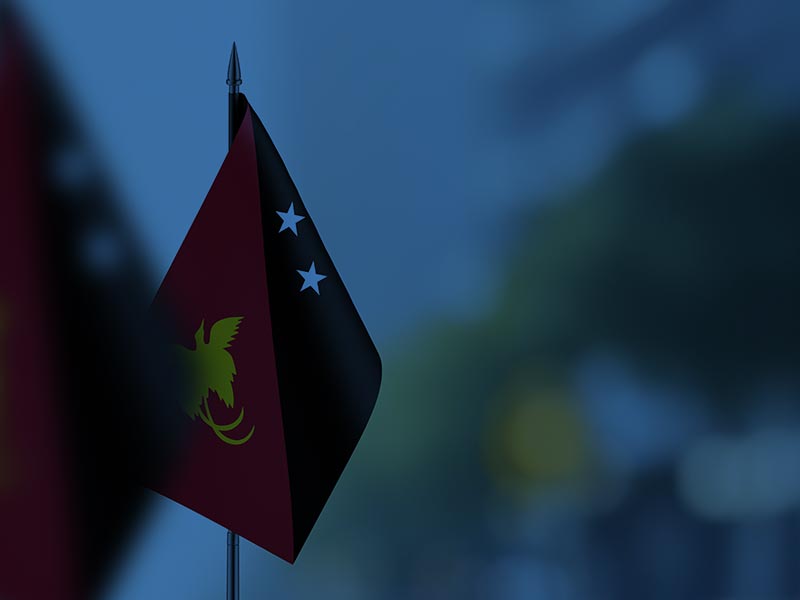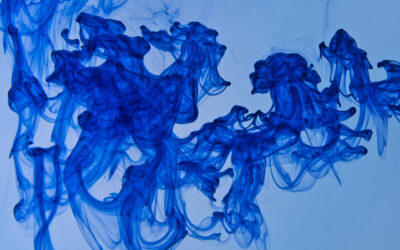Papua New Guinea (PNG) is home to over 800 languages, making it one of the most linguistically diverse countries in the world. This extraordinary variety accounts for nearly 12% of the world’s languages, with a population of around 9 million people. The languages are primarily divided into two groups: Austronesian and Papuan.
Austronesian languages, found mainly in coastal regions, include widely spoken languages like Tolai and Motu. These languages typically feature simpler grammatical structures, often adhering to a subject-verb-object (SVO) word order. Hiri Motu, for example, was developed as a trade language and is characterized by its accessibility.
In contrast, Papuan languages, predominantly spoken in the interior highlands, are highly diverse and do not belong to a single family. Languages such as Enga and Huli exhibit complex grammatical systems, including intricate verb conjugations and multiple noun classes. Some Papuan languages are also tonal, where pitch variations can change word meanings.
Additionally, Tok Pisin, a creole language derived from English, serves as a lingua franca and one of PNG’s official languages. While it simplifies many aspects of English, it incorporates indigenous vocabulary, reflecting the country’s rich cultural tapestry and linguistic heritage.
Related Articles
The History of the Stethoscope—Listening to the Heart
The stethoscope, an essential tool for doctors, was born out of a simple desire for better sound clarity. Before its invention, physicians listened to heartbeats by placing their ear directly on a...
The Origins of the Color Blue—A Rare Hue in Nature
Blue is one of the most beloved colors, yet it is surprisingly rare in nature. Unlike red or yellow, which are created by natural pigments, blue often appears due to light reflection and structural...
The Origins of Leap Day—Why We Add an Extra Day
Though 2025 is not a leap year, the next one—2028—will have an extra day in February. But why do we need Leap Day? The answer lies in the misalignment between our calendar and the Earth's orbit. A...





